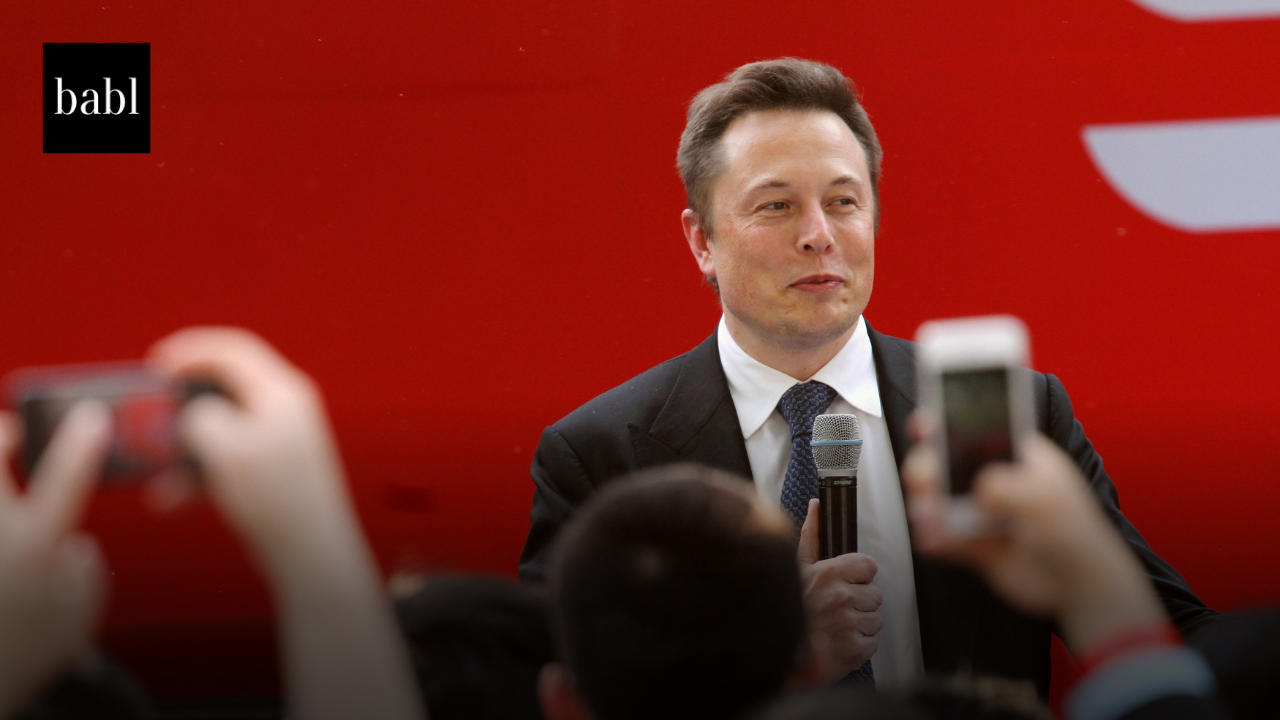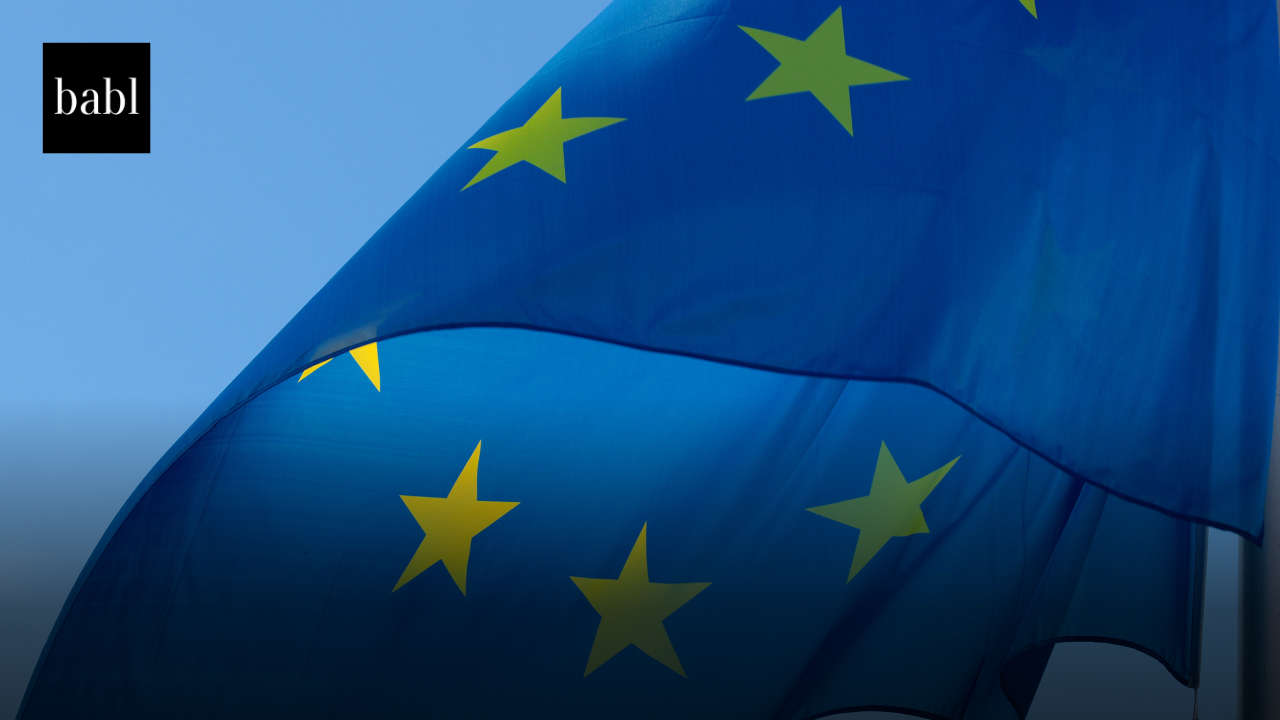While the United States government continues to build on President Joe Biden’s Executive Order, a bill at the state level that would ban unlabeled deepfakes within 90 days of an election is gaining traction. South Dakota Senate Bill 96 (SB96) aims to prohibit the use of deepfakes to influence elections in the state.
A deepfake is defined as any image, audio, or video created or manipulated with artificial intelligence or digital technology that is so realistic a reasonable person would believe it depicts the actual speech or conduct of an individual who did not engage in that speech or conduct. The core prohibition makes it illegal for any person, with the intent to injure a candidate or influence an election result, to disseminate a deepfake or enter into an agreement to disseminate one within 90 days before an election, if they know or reasonably should know the item is a deepfake.
There are some exemptions to this prohibition:
- If the deepfake constitutes satire or parody.
- If a broadcaster airs a deepfake as part of a bona fide news program and clearly acknowledges there are questions about its authenticity. Or if they are paid to broadcast it.
- If a website, newspaper, magazine or other general publication routinely carrying news publishes a deepfake, as long as they clearly state it does not accurately represent the speech or conduct depicted.
- The attorney general, an injured or likely-to-be-injured candidate, or the individual depicted in a prohibited deepfake can seek injunctive or other equitable relief to prohibit its dissemination.
Violation is punishable as a Class 1 misdemeanor. A person disseminating a prohibited deepfake is liable to the candidate and depicted individual for damages, costs, attorney fees, and any other relief the court deems proper. The plaintiff bears the burden of establishing deepfake use by clear and convincing evidence. This does not limit other causes of action.
There is an affirmative defense if the deepfake includes a disclosure stating: “This (image/video/audio) has been digitally generated or manipulated and is not an accurate representation of fact or actual events.” The disclosure must be visible in a reasonably large font superimposed on images/videos, and spoken clearly at the beginning and end of audio.
According to the Mitchell Republic, SB96 cleared the state Senate on Tuesday, February 13. It now heads to the state House. Before passage, lawmakers removed an emergency clause. That emergency clase would have made the bill’s impact immediate, in time for the state’s June primary. Instead, if it passes and is signed by the governor, it will take effect on July 1.
If you’re worried about how AI laws and regulations like SB96 could impact you or your business, consider reaching out to BABL AI. Their team of Audit Experts is ready to offer valuable insight while addressing any questions or concerns you may have.





